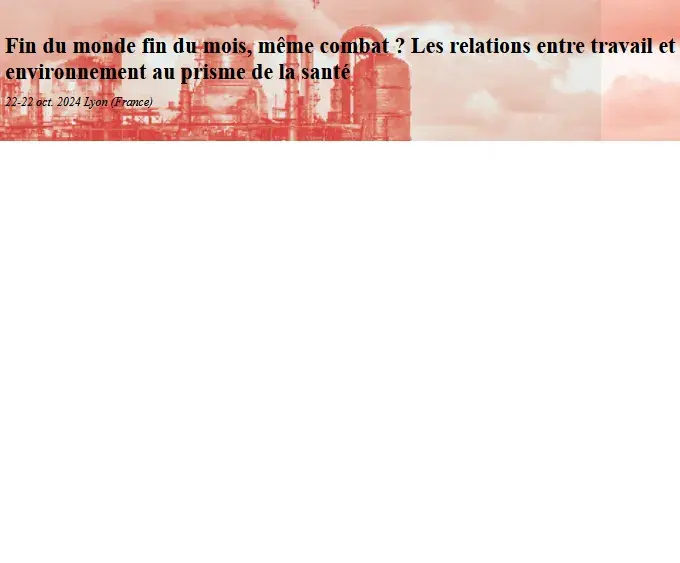
"A Political Economy of Power: Ordoliberalism in Context, 1932-1950" autour de Raphaël Fèvre (GREDEG, Université Côte d'Azur, Nice)
Le Séminaire des Après-Midi de Philosophie et Economie en partenariat avec le Séminaire Histoire de la Macroéconomie et des Théories Monétaires (H2M) vous invite, le 14 juin, de 17h30 à 19h, en salle 117 (Maison des Sciences Economiques, 106-112 bd de l'Hôpital, 75013, Paris), à une nouvelle séance. Nous aurons le grand plaisir d’accueillir :Raphaël Fèvre (GREDEG, Université Côte d'Azur, Nice)
Sur le thème : "A Political Economy of Power: Ordoliberalism in Context, 1932-1950"
Lien zoom sur la page du séminaire
Abstract: In comparison with Keynesianism, monetarism, or other economic paradigms of the twentieth century, ordoliberalism has been generally neglected. However, after first emerging in Germany during interwar years, ordoliberalism is now at the center of the ongoing debates about the foundations, the present governance, and the future prospects of the European Union. In A Political Economy of Power, Raphaël Fèvre retraces the intellectual history of ordoliberalism, focusing on the works of its main representatives Walter Eucken and Wilhelm Röpke, together with the contributions of Franz Böhm, Alexander Rüstow, Leonhard Miksch, and Friedrich Lutz. Fèvre provides a clear and comprehensive definition of ordoliberalism, describes in detail its principles, and explains how ordoliberalism came to heavily influence German post-war reconstruction despite its emergence during the Nazi period. He also investigates the reasons for its success in West Germany in the immediate aftermath of the war, and its lasting influence through a partial transformation to a contemporary form of neoliberal orthodoxy. A Political Economy of Power provides a contextualized and interdisciplinary study of ordoliberalism - one of the most influential intellectual projects of the second half of the twentieth century in Europe. (En français)